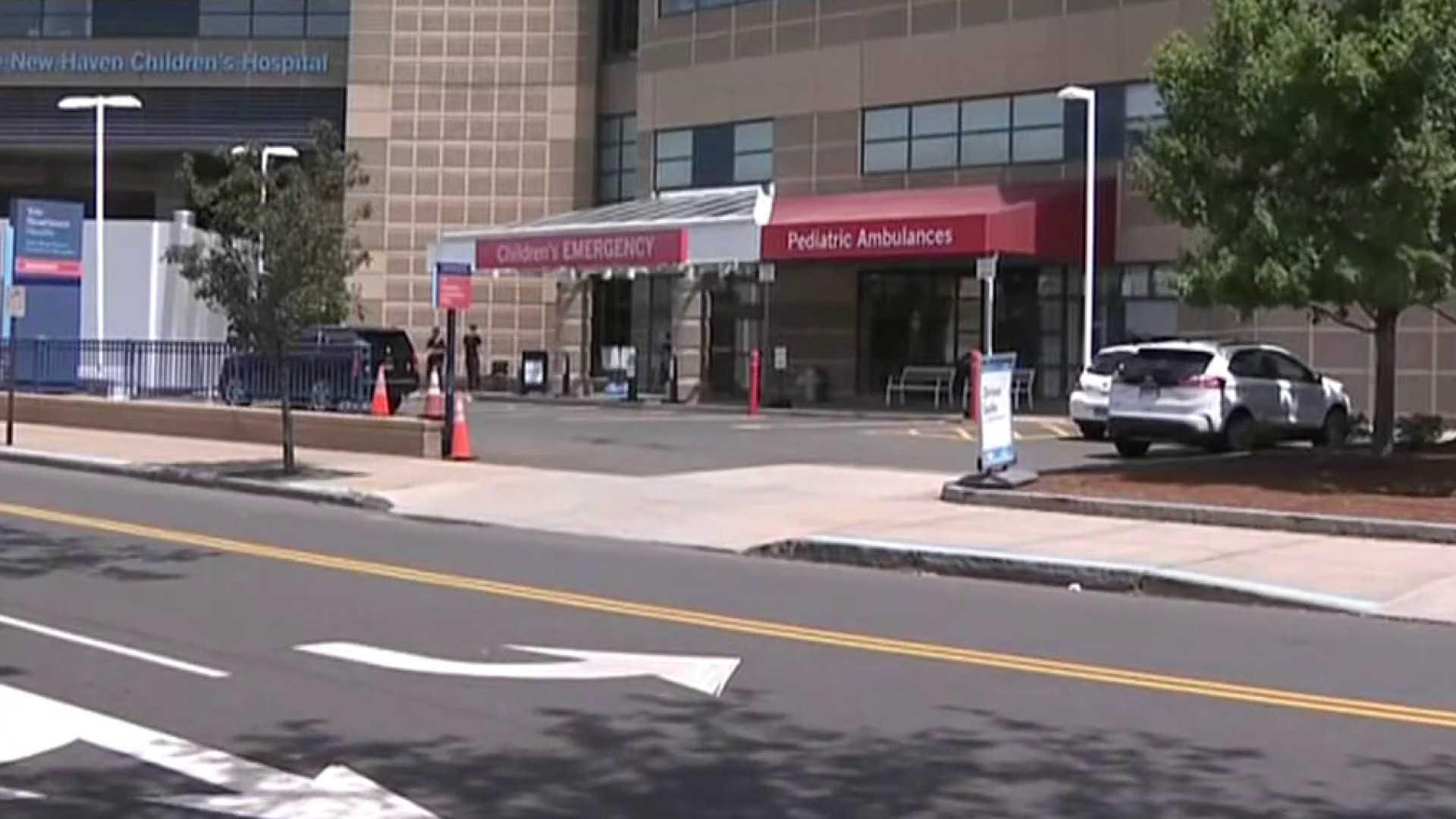Whoever ends up in the governor's office can have a big impact on how cities and towns operate - everything from paying for big projects like new schools to funding day-to-day operations like public safety and Department of Public Works crews.
The Connecticut Conference of Municipalities represents all 169 towns and cities to make sure the governor and state lawmakers know what kind of impact their decisions have on local governments across the state.
NBC Connecticut's Mike Hydeck spoke with Director of Public Policy and Advocacy for the CT Conference of Municipalities Brian O'Connor. He talks about the big issues facing local mayors and first selectmen as we head into the next session.
Mike Hydeck: So we know right now, it's been well publicized that Connecticut is in uncharted territory when it comes to our finances. We have an overflowing rainy day fund, we have billions in surplus. How can who is in the governor's office affect local budgets, say like my hometown of Monroe, for example?
Get Connecticut local news, weather forecasts and entertainment stories to your inbox. Sign up for NBC Connecticut newsletters.
Brian O'Connor: I think the important thing is that there's a great relationship that we have with the state. And I think, by and large, that was really highlighted during the pandemic where we had to work together on the executive orders, but also with that excess monies. It was great efforts to increase funding for PILOT, which is payment in lieu of taxes. And I look at that relationship to continue.
Mike Hydeck: That program is when there is an university or a hospital that doesn't pay taxes, the government, the state government helps reimburse that last tax money, right? What happened in that case? Was it a one-time payment? Was it up in the percentage that gets reimbursed? How did that work this time around?
Brian O'Connor: Well, historically, it's been underfunded and actually based on statute, it's still underfunded. Basically, the payments doubled this past budget cycle. I believe it was up about approximately $160 million in the previous biennium, and now it's well over $300 million.
Face the Facts
Face the Facts with NBC Connecticut goes beyond the headlines, asking newsmakers the tough questions, giving an in-depth analysis of the big stories.
Mike Hydeck: So that's a big help in a place like Hartford, where there's so much state-owned property; in New Haven, where there are other universities and things like that, so that can make a big difference. Question is, how's that going to happen as we move forward? CCM also advocates for local towns, when it comes to policy. What do you think are some of the priorities that you expect to be on the front burner when the new session starts in January, with the next governor, whether it's Governor Lamont or someone else?
Brian O'Connor: I think the important thing, too, is trying to address the over reliance on the property tax. While we've been doing well lately because of the influx of federal dollars, I think you alluded to it, in a couple years when those dollars dry up, will the commitment remain? And will it be sustainable?
Mike Hydeck: Let's actually go back to that question again. So if it will, what's the concern? And what can CCM do to try to make it sustainable? What are some of the goals you have? Or what conversations do you expect to have with the next governor?
Brian O'Connor: I think over time, looking at diversification of revenue, I think as well as sharing services, trying to get rid of some of the obstacles to that. And I think building off of a partnership that we have in other areas, I think looking at special education is probably one of our number one priorities moving forward.
Mike Hydeck: So the governor heads up the bonding commission, that's the group that approves requests when towns want to borrow money for big schools, big school projects and other things. We've heard the governor originally in the beginning of his term talk about a debt diet. Where are we now with that? And what would you like to see moving forward?
Brian O'Connor: I think you still have to remain committed to infrastructure, bonding for infrastructure, both at the state and local level. I think a lot of those projects are very important just to keep Connecticut competitive with other states, and also just making it easier to do business within our communities.
Mike Hydeck: What are some of the hurdles you foresee heading forward now? We have a surplus that's historic by any standard. Will it be a fight to try to get more money for local municipalities, do you think?
Brian O'Connor: Well, you know, there's a lot of different interests that will be asking and making requests for those financial services, but I think, you know, looking at it from a municipal end, if you don't fund municipalities at an appropriate level, then you're just raising property taxes. So we want to be make that clear. And I think that's why, you know, we're getting involved with the campaign, with our issue bulletins.



